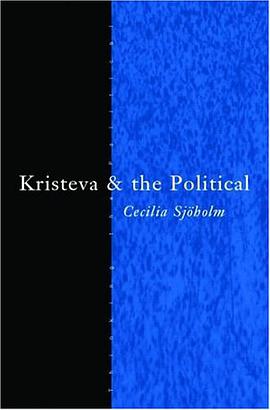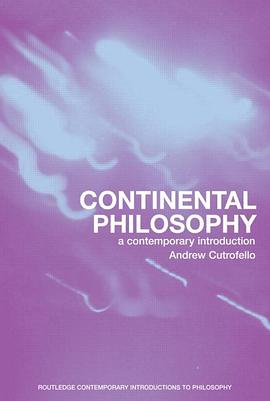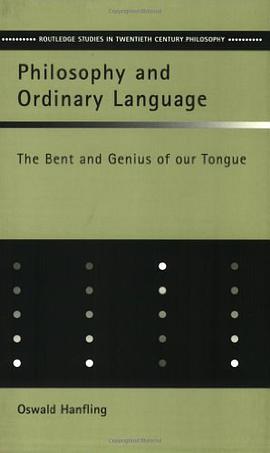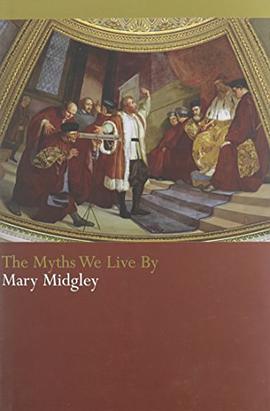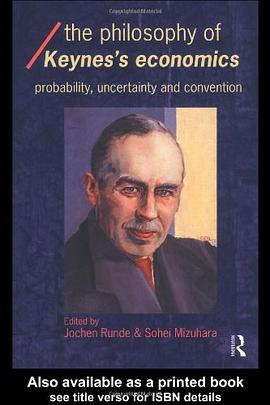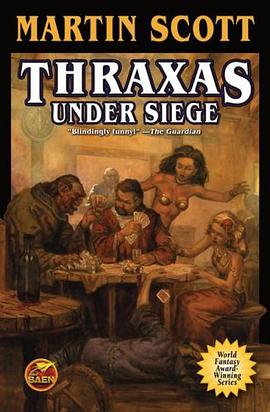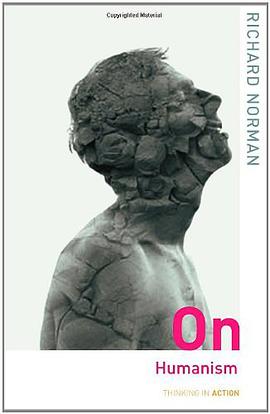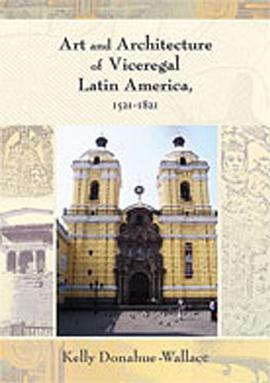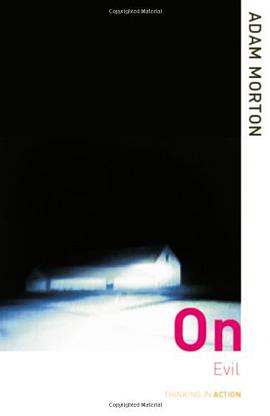

具体描述
Contemporary developments in philosophy have declared truth as such troublesome, and not merely gaining access to it. In a systematic survey, this study investigates what is at stake when truth is given up. A historical overview shows how the current problem of truth came about, and suggests ways to overcome rather than to repair the problem. A key issue resulting from the loss of truth is the lack of normativity. Truth provided an alternative understanding of normativity. Elaborating on the 'dialectical shift' in logic, a dialogico-rhetorical understanding of normativity is presented. Rather than requiring truth, agreement, or rationality, dialogico-rhetorical normativity is the result of a balance of particular standards. This type of normativity is shaped within discussions - by advancing and accepting arguments - and is not located in sets of predetermined rules. The result is a 'small' but strong form of normativity. If this understanding of normativity is viable, one of the central problems of contemporary philosophy, the problem of incommensurability, can be seen in a different light. As a result, truth reappears again. Surviving the postmodern criticisms, it is a matter of accountability rather than of description.
作者简介
目录信息
读后感
评分
评分
评分
评分
用户评价
这本书的装帧设计简直是视觉上的享受,初次拿到手里,那种厚重而又不失雅致的质感就让人爱不释手。封面采用了一种深沉的墨绿色,搭配烫金的书名字体,在灯光下泛着低调而奢华的光泽,让人立刻感受到其中蕴含的学术深度。内页纸张选择了略带米黄色的高品质纸张,不仅保护了视力,更增添了一种古典的书卷气。排版布局上,作者和编辑团队显然下了不少功夫,字体大小和行间距拿捏得恰到好处,即便是长时间阅读也不会感到视觉疲劳。特别是章节标题的处理,既醒目又富有设计感,引导着读者的目光自然而然地深入文本。从这本书的外在来看,它无疑是同类学术著作中的佼佼者,体现了一种对阅读体验的尊重,让人在还未深入内容之前,就已经对作者的专业性和出版方的用心程度给予了高度肯定。
评分我花了整整一个周末的时间沉浸在这本书的论述之中,最大的感受是其论证的严谨性和逻辑的缜密性。作者似乎对手头的材料进行了百科全书式的梳理,每一个观点都不是凭空臆造,而是建立在一系列坚实的理论基础和丰富的历史案例之上。阅读过程中,我发现作者在构建论点时,总是习惯于设置一个前提,然后层层递进,通过一系列精巧的过渡句将看似分散的概念串联起来,形成一个密不透风的逻辑网。当我试图寻找某个论断的漏洞时,常常会发现作者早已预料到潜在的反驳,并提前给出了强有力的回应或更深入的阐释。这种“预先防御”的写作手法,极大地增强了文本的说服力,让人不得不承认,这不仅仅是一本观点陈述的书,更是一部关于如何构建有效论证方法的范本。
评分这本书对既有理论的批判和超越性探索,是我认为它最有价值的部分。许多经典著作往往将某些概念视为理所当然的基础,而这本书却大胆地对这些“基石”进行了细致的解构和审视。作者似乎并不满足于对前人智慧的简单继承或复述,而是不断地追问:“为什么是这样?”和“有没有更好的可能性?”。这种挑战权威的精神,贯穿了全书始终,使得阅读过程充满了一种智力上的兴奋感。每一次对旧有框架的突破,都不是轻率的否定,而是建立在更为深厚的基础之上,提出了一套更具适应性和解释力的全新视角。这促使读者也必须跳出自己固有的思维定势,去重新审视自己习以为常的认知模式。
评分从应用性的角度来看,这本书的实践指导意义非常深远,它不仅仅停留在理论的象牙塔内,而是持续地将抽象的概念锚定在实际的人类交流情境中。作者对不同情境下沟通模式的细微差别进行了极其精微的剖析,让人读完后,立刻能感觉到自己对日常互动——无论是正式的演讲、严肃的谈判,还是日常的倾听与回应——都有了一种全新的、更具洞察力的理解。我发现自己开始有意识地去分析对话双方的意图、语境的微妙变化,以及语言背后的权力结构。这感觉就像是获得了一套新的认知工具,原本模糊不清的交流场域,现在变得清晰可见,充满了可以被操作和优化的细节,极大地提升了我在复杂人际环境中的应对能力。
评分这本书的叙事风格极其独特,它没有采用那种枯燥的、纯粹的学术论文腔调,反而穿插了许多引人入胜的、略带叙事性的段落。作者似乎很擅长在宏大的理论框架下,迅速切换到具体的、生动的历史场景或思想交锋的瞬间。比如,在讨论某个关键概念的演变时,作者会突然引用一段古代哲人之间的书信往来,或者描述一场影响深远的辩论现场,这些“故事化”的处理极大地降低了理解门槛,让那些原本可能晦涩难懂的概念变得鲜活起来。这种文风的平衡掌握得非常到位,它既保持了学术的严肃性,又注入了文学的感染力,使得即便是初次接触该领域的读者,也能被其叙事的魅力所吸引,而不是望而却步。
评分 评分 评分 评分 评分相关图书
本站所有内容均为互联网搜索引擎提供的公开搜索信息,本站不存储任何数据与内容,任何内容与数据均与本站无关,如有需要请联系相关搜索引擎包括但不限于百度,google,bing,sogou 等
© 2026 book.quotespace.org All Rights Reserved. 小美书屋 版权所有



